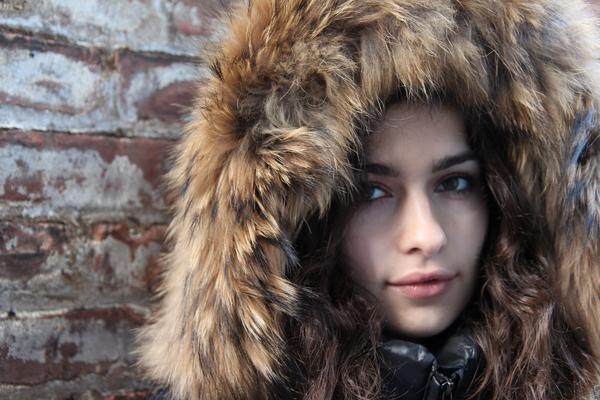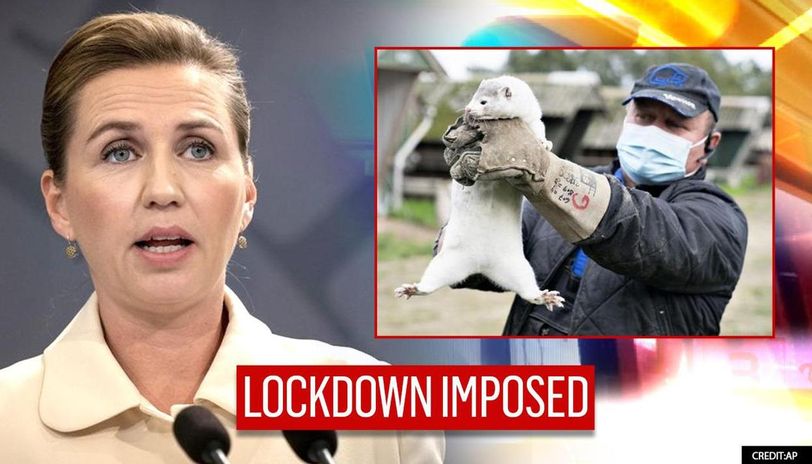Coronavirus: 4 Questions About the Danish Mink Coronavirus

4 Questions About the Danish Mink Coronavirus
Recently, Danish Prime Minister Met Frazerriksen issued a “mink killing order”, planning to kill all the farmed minks in the country, the number is about 15 to 17 million.
What happened in Denmark?
According to WHO, 214 people have been found to be infected with the new coronavirus related to mink farms in Denmark since June, and 12 of them have been infected with a “unique” mutant new coronavirus.
This means that the new Coronavirus may mutate in the cultured mink and pass it back to humans.
If mink becomes another important host for the spread of the new Coronavirus, the global epidemic will be hit hard again.
Why to Kill All?

Denmark is one of the largest mink fur producers and exporters in the world. Once the nationwide “killing order” is issued, the entire industrial chain may be “destroyed.”
Why have to do so? Things have to go back to June.
- June 17
In Denmark, 34 mink were found to be infected, and the new coronavirus was detected in a mink farm for the first time. Subsequently, more than 10,000 minks were killed.
- June 18
The first case of mink farming was confirmed.
- July-September
The third mink farm was infected with more than 50% mink. A number of infected mink farms were subsequently discovered.
- September 4
The “mink mutant virus” was found to be transmitted from people to people in 3 farms.
- September 18-October 1
The Danish Serum Institute and the University of Copenhagen report that there is evidence that the “mink mutant virus” has formed a chain of human transmission infection. Mink breeders face a higher risk of infection than medical staff. The Danish government decided to kill about 1 million infected minks.
- October
76 mink farms were infected, and more than 150 mink farm personnel were diagnosed.
- November 4
The Prime Minister issued a nationwide “mink killing order.” 207 mink farms have been infected in Denmark.
Why is the mink mutant new coronavirus particularly worthy of vigilance?

Kaul Morback, an expert at the Danish Serum Institute, said that viruses entering different biological systems can cause different types of virus mutations. Although the new coronavirus has mutated many times before, it is prone to problems once the virus is transmitted from animals to humans.
The Danish Serum Institute reported that a total of 5 different mink variants of new coronavirus pneumonia have been found in Denmark. Among them, the virus named “cluster 5” raises concerns because it is not very sensitive to the upcoming vaccine and has spread to other parts of the world. Local risk.
Can mutated viruses inhibit vaccine effectiveness?
- Prevent Coronavirus Spreading With Right Mask: 3 Points to Know
- Steps to help prevent the spread of COVID-19 if you are sick
- Test Kit for Coronavirus: SARS-CoV-2 Nucleic Acid Detection Kit (Rapid PCR Fluorescence Method)
- Symptoms (COVID-19)
- How does ZeroVirus protect us from virus?
Sumia Swaminatan, the chief scientist of the WHO, said that it is too early to conclude that the mutated new coronavirus will inhibit the effectiveness of the vaccine.
Michael Ryan, head of WHO’s health emergency project, said that what is worrying is that mammals such as mink are very suitable animal reservoirs for the new coronavirus, and the new coronavirus may gradually change within these species.
Existing evidence shows that the behavior of the mutated new coronavirus is not different, but there may be slight differences in specific characteristics, but it is still the same virus, and its specific impact will take a long time to be determined.
